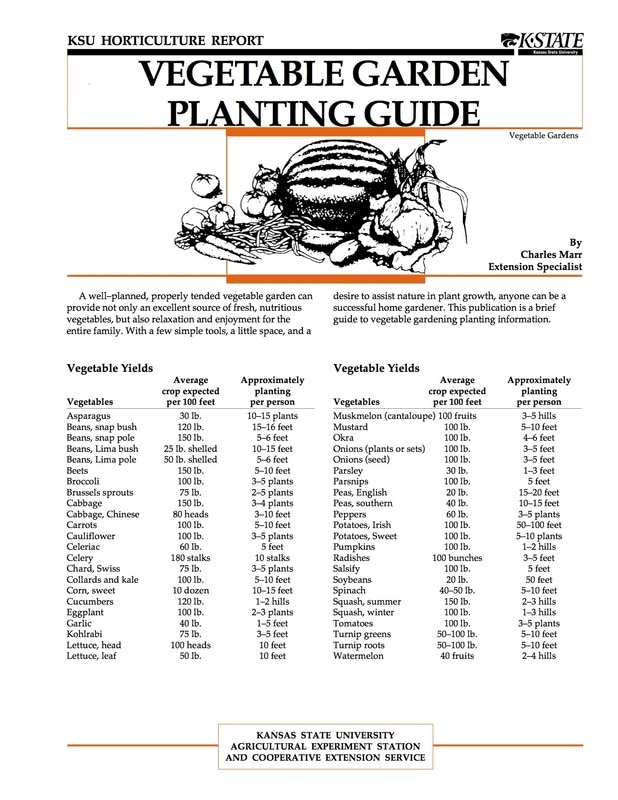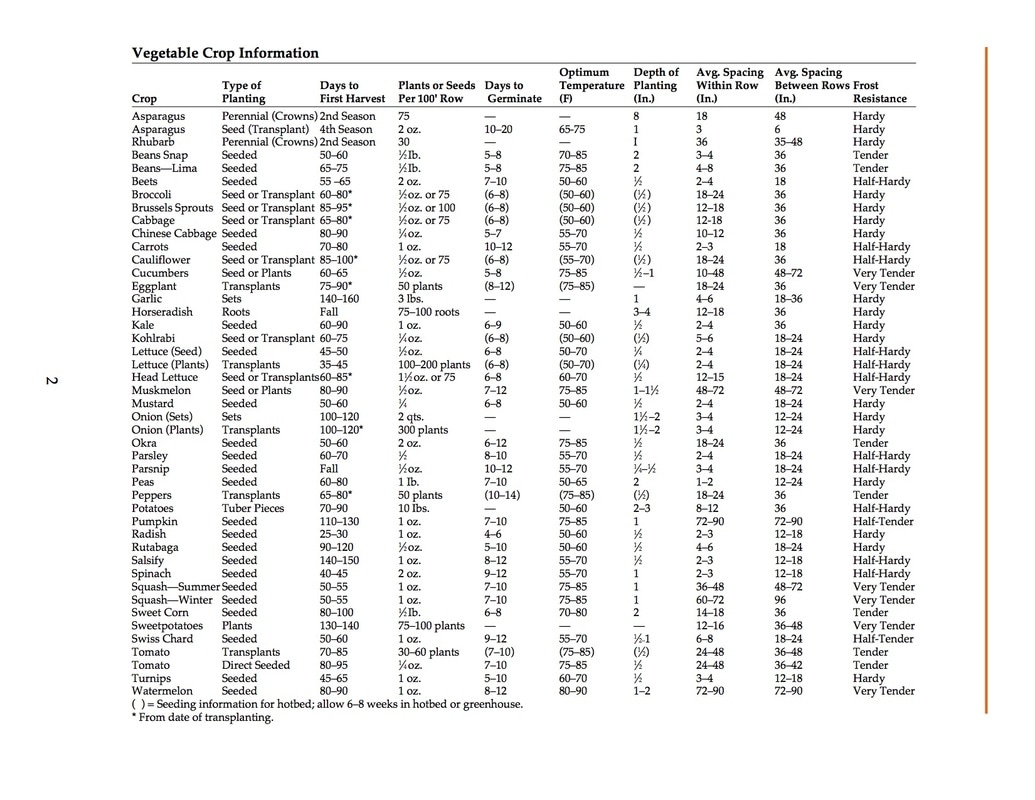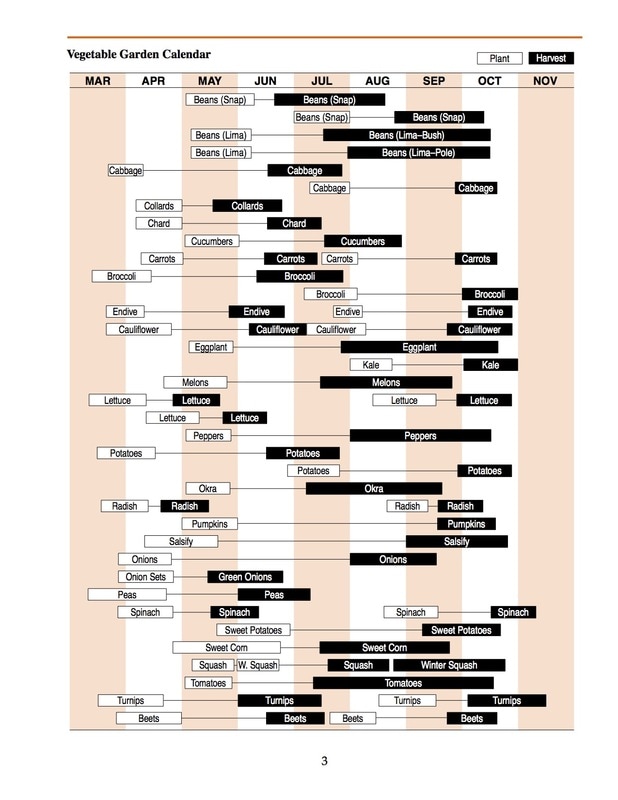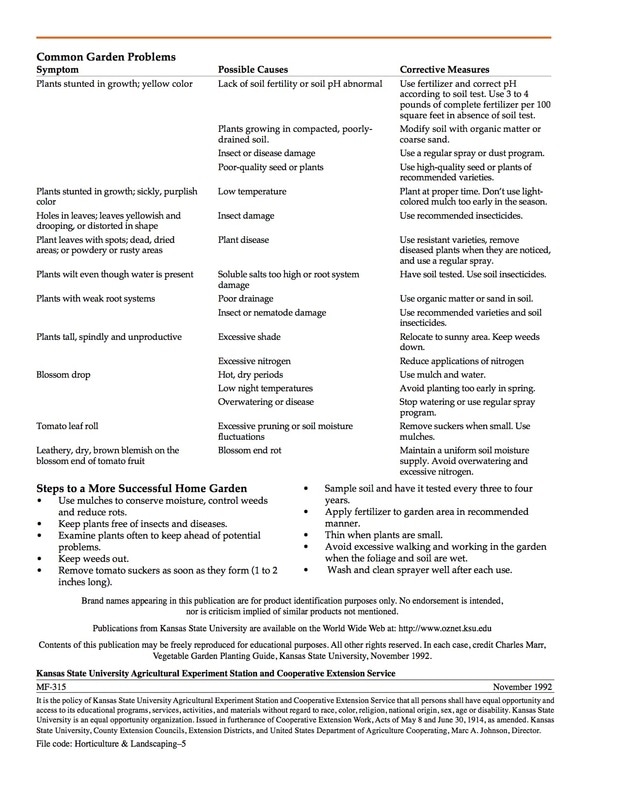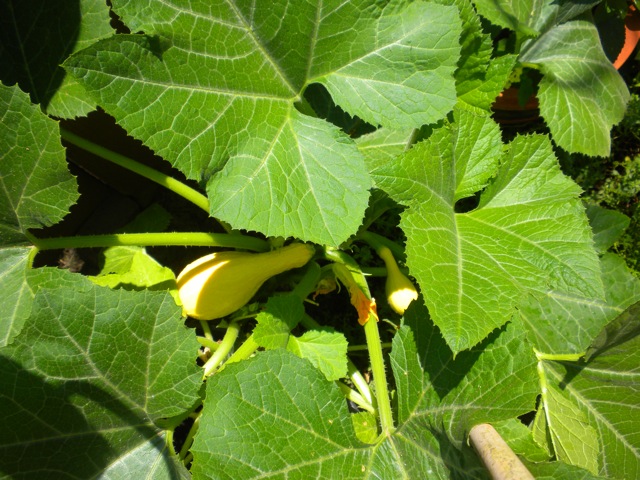|
|
Spring, Summer and Fall Gardens are very successful in Kansas.
|
Gardening & KidsBy ferti-lome ®
Remember being a kid and digging in the dirt? It was terrific to find earthworms and catch ladybugs or grasshoppers.
Kids enjoy being outdoors but they need guidance so why not get them involved in gardening this spring and summer.
Big or small, gardening projects teach kids to nurture living plants, grow flowers, plants, and vegetables. By teaching them gardening you are also teaching kids responsibility and helping them gain self-esteem.
Depending on the age of the child they may be interested in simply playing or digging. Older kids may actually want to be more involved. They may want to pick what seeds they want to grow, but you may want to suggest what seeds are best grown in your area. If you do not have a ton of room, no worries, children are just as happy with playing in potting soil in containers.
Tips
Invest in some kid-sized gardening tools. Tools made for adults are too big for little hands and can be frustrating to use. Be sure to get well made tools as cheap, plastic ones usually don't work very well and will break easily. To help them understand what it takes to grow a garden, try creating a garden chart to hang in the house. Kids can cross off (or get a gold star for) every task they complete -- from sowing seeds to watering and weeding. For more information check out these tips from the national Gardening Association
http://www.garden.org/howtos/index.php?q=show&id=1309
For more advanced gardeners, click here: Kansas Garden Guide
Remember being a kid and digging in the dirt? It was terrific to find earthworms and catch ladybugs or grasshoppers.
Kids enjoy being outdoors but they need guidance so why not get them involved in gardening this spring and summer.
Big or small, gardening projects teach kids to nurture living plants, grow flowers, plants, and vegetables. By teaching them gardening you are also teaching kids responsibility and helping them gain self-esteem.
Depending on the age of the child they may be interested in simply playing or digging. Older kids may actually want to be more involved. They may want to pick what seeds they want to grow, but you may want to suggest what seeds are best grown in your area. If you do not have a ton of room, no worries, children are just as happy with playing in potting soil in containers.
Tips
Invest in some kid-sized gardening tools. Tools made for adults are too big for little hands and can be frustrating to use. Be sure to get well made tools as cheap, plastic ones usually don't work very well and will break easily. To help them understand what it takes to grow a garden, try creating a garden chart to hang in the house. Kids can cross off (or get a gold star for) every task they complete -- from sowing seeds to watering and weeding. For more information check out these tips from the national Gardening Association
http://www.garden.org/howtos/index.php?q=show&id=1309
For more advanced gardeners, click here: Kansas Garden Guide
Tips for Successful Vegetable Gardening By ferti-lome ®
There’s really no need for large acreage! Most plants can grow in a container. You can plant some of your vegetables, flowers and herbs in smaller sized containers or planters for sprouting on your balconies, decks, and windowsills.
To achieve a successful vegetable garden, follow these easy steps:
There’s really no need for large acreage! Most plants can grow in a container. You can plant some of your vegetables, flowers and herbs in smaller sized containers or planters for sprouting on your balconies, decks, and windowsills.
To achieve a successful vegetable garden, follow these easy steps:
- Whether you are planting in containers or on the land, choose a place that has enough protection from strong winds and free from rocks and weeds. And of course, abundant sun light all day is very important.
- Test the soil every 2 to 3 years and add fertilizer as needed. Compost and aged manure is very helpful for growing plants, add those every year.
- Plants should be rotated from year to year. Rotating plants helps prevent pests and diseases in your vegetable garden.
- Gardening involves lots of effort to meet your goal. Begin with the small gardens to avoid being overwhelmed. A tended garden is what will get you results.
- Choose only those seeds that you and your family like to eat.
- Do a little research. This will help you to have you enough knowledge to grow your vegetables in accordance to your area and climate.
- Water your plants early in the day. Water deeply near the base of the plants.
- Check on your plants every single day to protect them from pests. The sooner you notice pests, the easier it is to do something about it.
- Maintain your garden shapes by cutting, trimming or removing unwanted dead leaves, vines and weeds. This will help your plants to grow healthy.

